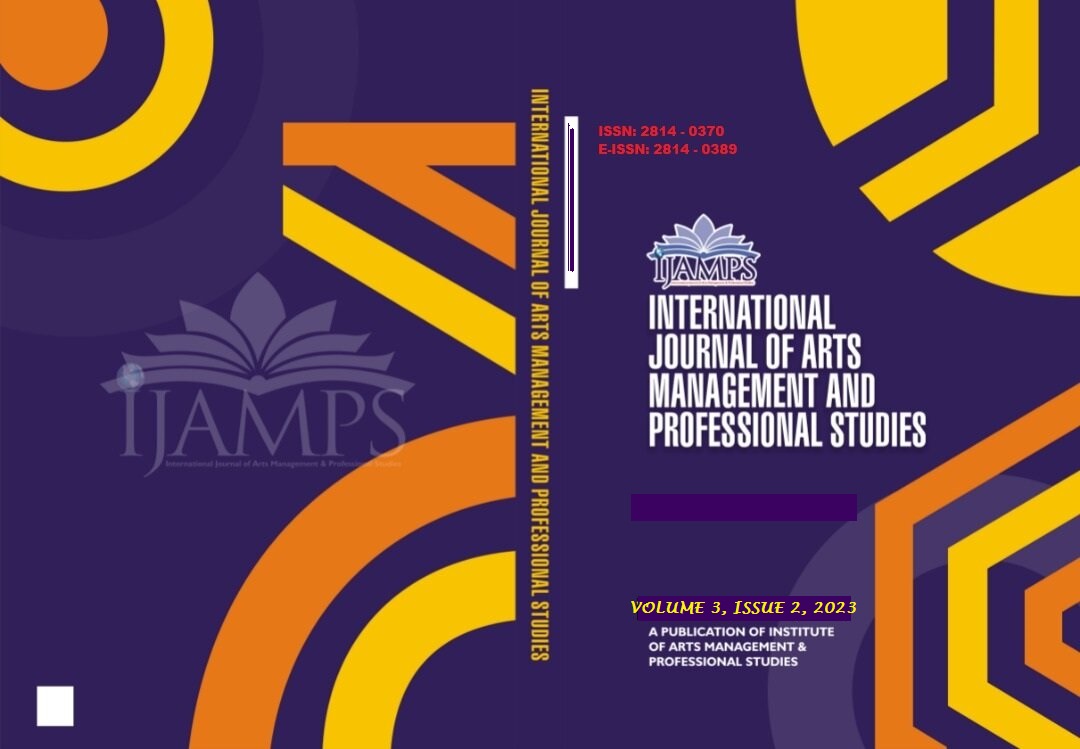
CONTRIBUTIONS OF URBAN AGRICULTURE TO FOOD SECURITY IN ENUGU STATE, NIGERIA
Ohagwa, Ginika Doris Department Of Agricultural Economics, University Of Nigeria Nsukka. Ohagwaginika@gmail.com
Volume 3, Issue 2, September 2023
This study explored the contributions of urban agriculture to food security in Enugu urban of Enugu state, Nigeria. The specific objectives of the study were: to describe the socio-economic characteristics of the farmers, identify the types of agricultural activities going on in the area, describe the household income, expenditure and food share of expenditure of the farmers. Thestudy also described the dietary diversity of the farmers and identified the constraints to urban farming. A sample of 60 urban farmers was randomly selected from 9 different communities in the study area. Data were analyzed using descriptive statistics like percentages, mean, Likert type rating scale and dietary diversity score. The results showed that the respondents earned the mean income of ₦5,280,000 per annum, and greater proportions (53.3%) of the respondents were educated up to tertiary level. The respondents were involved in the production of cereals, vegetables, ornamental plants, roots and tubers, and livestock farming. The respondents’ spent about 24% of their income on food purchase. They also got more than 50% share of their food from their farms. Greater proportion of the respondents (48.3%) had high dietary diversity score of more than 10 food groups within 24 hours, which showed that they were food and nutrition secure. The major constraints to urban farming were lack of capital, lack of access to land, high production cost and transportation. Based on the findings the following recommendations were made that urban authorities and governments should protect and improve presently usable lands so that the urban dwellers can use it for farming. Also the urban dwellers should be encouraged to have small portions of farm land to cultivate seeing that urban farming greatly improved the food and nutrition security status of the people through the food it supplied